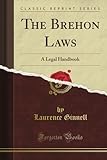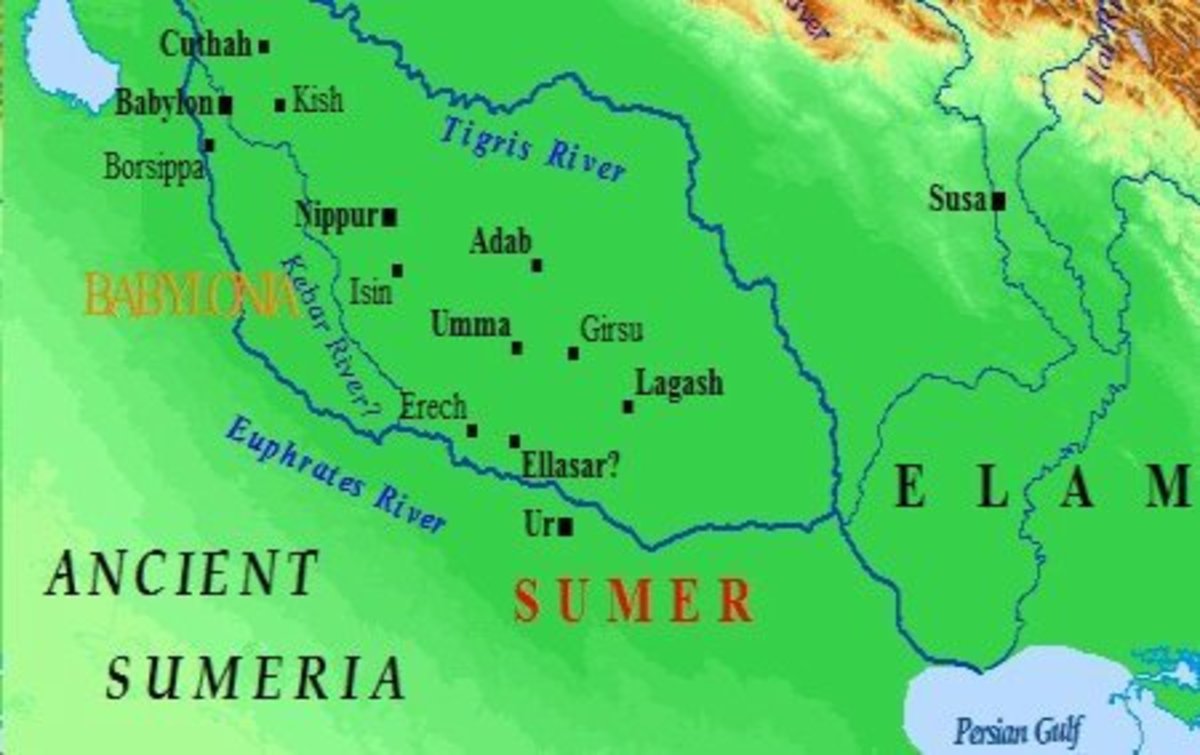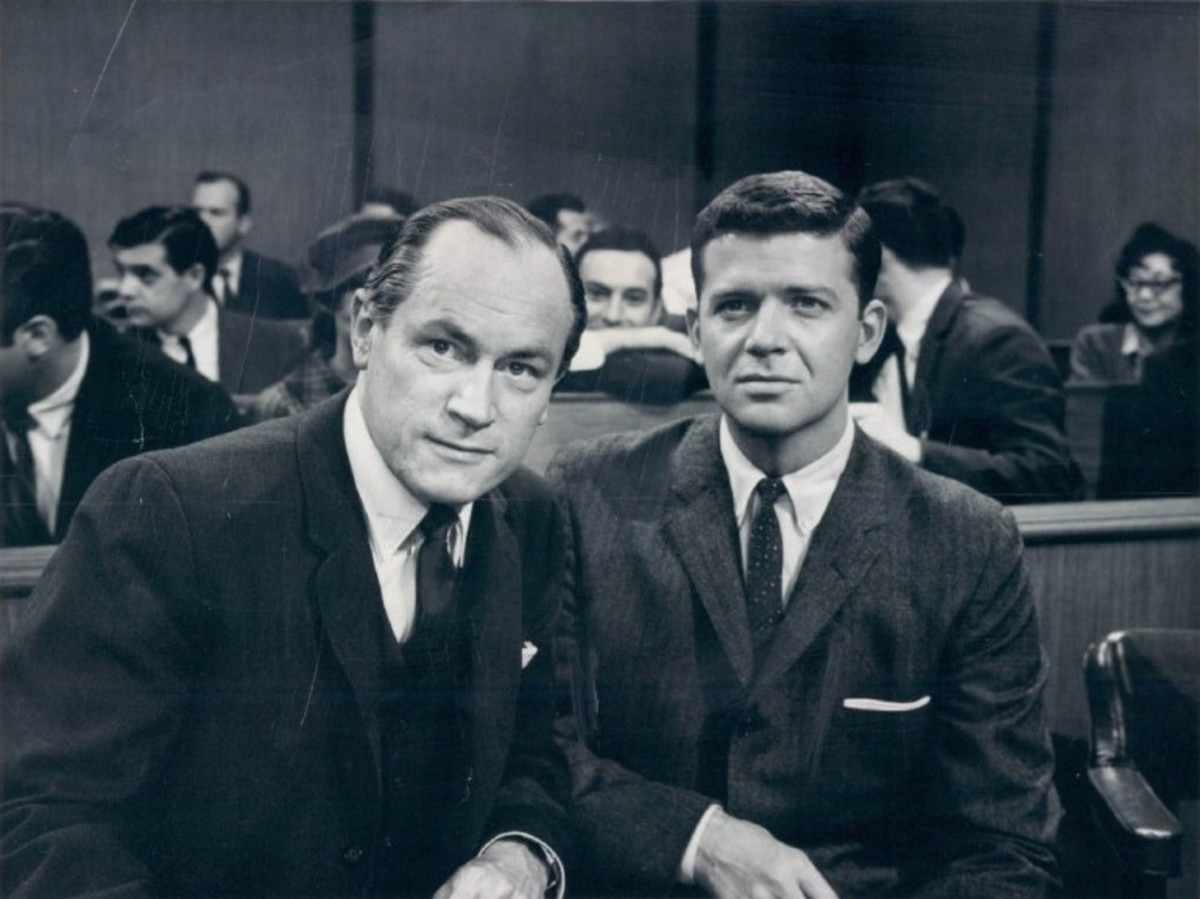Brehon Law - And Respect for Women in Ancient Ireland
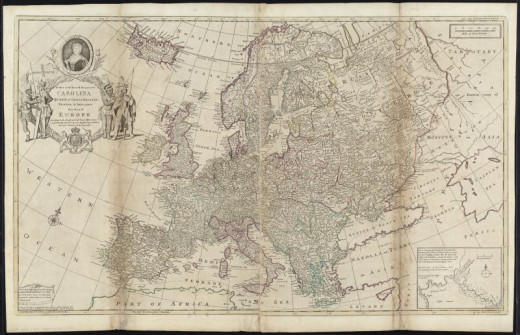
Brehon Law also known as Fenechas was the system of law practiced in Ireland during early time's and influenced the legal system right through to the modern era. The Norman invasion of the 1169 saw a dent in the legal system that would never completely recover, although the legal system again flourished from the 14th century, mixing partially with the English common law which was later enforced upon the population to create the bones for the Irish legal system of today.
The Brehon Law was a fascinating one and for its time, was far more advanced than the Common Law system of the time which would eventually see to the demise of the Brehon Law. The system was made up of Judges called Brehons who set out oral precedent. Rules across the land were followed according to their judgements, many of which were quite fair by todays standards and some of which were far ahead of their time.
While the common law was yet to see the creation of the writ system, a backward and barbaric category of biased rules, the Brehon Law oversaw a relatively fair and advanced society for the time. A society where women were respected, in many ways, on the same level as their male counterparts and where women could climb the ladder of social status to the very top.
The Brehon Law of Early Ireland is fascinating in many ways, but for this article, I will specifically be discussing some, but not all of the information relative to the rights women enjoyed in early Irish society. I think you will find that although women had challenges within the Brehon Law system, there was nothing that would even compare to the fairness this legal system provided during the early ages dating back as far as 600 AD.
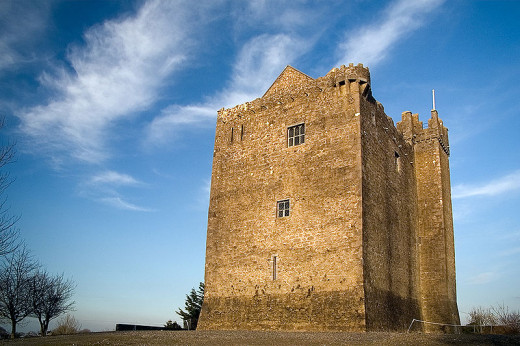
Have you ever heard of Brehon Law?
The Female Brehons
Prior to the introduction of Canon Law and further back, the introduction of the common Law through force across Ireland, Women were not only permitted to partake in politics and the legal system, but they were counted as equals.
1. Even prior to the year 700 AD Laws such as that of Cáin Adomnáin were put in place specifically to promote equality for women. Women had much greater freedoms under the laws of the time compared to other European nations legal systems who themselves, in modern historical literature, have been hailed as the most advanced societies.
2. Under Brehon Law women had the right to hold their property separately to that of men, even following a marriage.
3. Women were permitted to become Brehons, or judges and were respected in leadership positions.
4. If a man struck his wife, she could use this as grounds for divorce and was entitled to compensation for the equivalent of her "bride price" or her Dowry worth.
5. A husband was not allowed to sell their shared possessions without the permission of his wife.
The Brehon Law gave women the chance to influence their legal system. Did you know that the Common law restricted this right until Universal suffrage was granted in the 1900's?
And the "Common Law" reverts....
Of course, all of this changed with the forced "introduction" of the common law system. Such rights for women would have to wait again until the 19th, 20th and 21st Century not just across Ireland, which itself saw women chastised and down trodden by the Canon law and common law over the next 1400 years, but across most of Europe.
As time passed, and Brehon law was forced aside, women would see their rights stripped from them. Under church law (cannon law) women became the property of their fathers and husbands. Their right to education would become nothing more than what they were now allowed to learn, and their right to ownership of property would decrease to the point of insignificance.
What History and Stereotypes try to "Tell" us.
The Stereotype of the Irish baboon who hits women, who drinks himself stupid and fights with his neighbor, all a propagandist lie. Only now in the modern era is such a horrible stereotype starting to die away, obviously not helped by the "ah well, it's just a joke" nature of the Irish themselves. Where the stereotype came from, that argument is a difficult one, with many obvious historical foes the obvious answer.
I always enjoy the statement "The winner of wars writes history" and it is in fact true in this case. Irish scholars, especially female, have been written out of the history books. We always read of the Romans and the Greeks, their societies and how advanced they were, yet here we are with overwhelming evidence and many experts on the matter of the Brehon Law, yet it is not common knowledge.
Was the Brehon law in your history books? When you were in history class, were the ancient rights of women outlined from the 6th and 7th century? Or were you simply led to believe that, No, women had nothing until the early 1900's. It seems odd how the very system that has put women down, seems to keep the knowledge from us that it was not always so bad for women. Not in some societies anyway. Not until the common law and canon law made it so.
Equality
In Early Irish society, equality trumped all. We are all aware of the fact that this does not work in a modern society, but the fact remains that while the rest of Europe had little to no legal system, the Brehon law was thriving as an egalitarian system. In Ireland, Africans were respected the same as locals for the most part and visiting merchants were referred to in Irish as "Daoine Gorm" or Blue People as it would be in English. The color blue was used as a sign of respect, as the devil was often referred to as "the black man" and the Irish felt it to be disrespectful.
Some argue that slavery effected Ireland the same as other kingdoms of the time, but there are huge amounts of evidence to indicate that slavery was not exclusive to one race or creed. It was a wrong, but an equal wrong that did not target a certain group. Instead, even the criminal slave traders targeted their victims equally, not by the color of their skin. In fact, St.Patrick was one such case of a slave being brought to Ireland from the shores of neighboring Wales.
At the time, the law under common law was simply a matter of doing as your King said. There were no set rules, laws or standards. One such example of this was in England around 900 AD the laws of Athelstan contained a horrific law best described by one case when a female slave was "found guilty" of petty theft. As punishment she was burned to death by 80 other slaves. Rape, murder and disease were the way of life across most legal systems on continental Europe too. Legal precedent was non existent, meaning murder was not always a crime, and the law was lunacy. The now dominant common law was one of these systems, still in it's infancy.
To imagine how this system would have grown and what it would have become, had the nation not entered an era of invasions that would last 600 years, it is a riveting thought to say the least. The invasions may have been inevitable, the system may have been a little too egalitarian, but one thing is for certain, women's rights would certainly have been ahead of their time, had this system continued to advance, unhindered to this day.
In brief, women had issues to deal with under the Brehon law and their were still restrictions placed upon them, usually religious in nature. But the system was much more generous and advanced than it's counterparts and aimed for equality for all.
It wasn't until 1928, in the UK, the home of the common law, that women once again gained their right to take part in the legal system that controlled them. The right to vote for all women over 21, to allow women to stand beside men once again and it only took 1300 years.
In Ireland, where the Common Law was forced upon the people and eclipsed the Brehon Law all those years ago, the right to vote was granted in 1922, one year after the country regained independence from the UK after hundreds of years of war. The common law still exists in Ireland to this day with many hints of the Brehon law intertwined.

